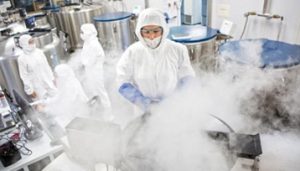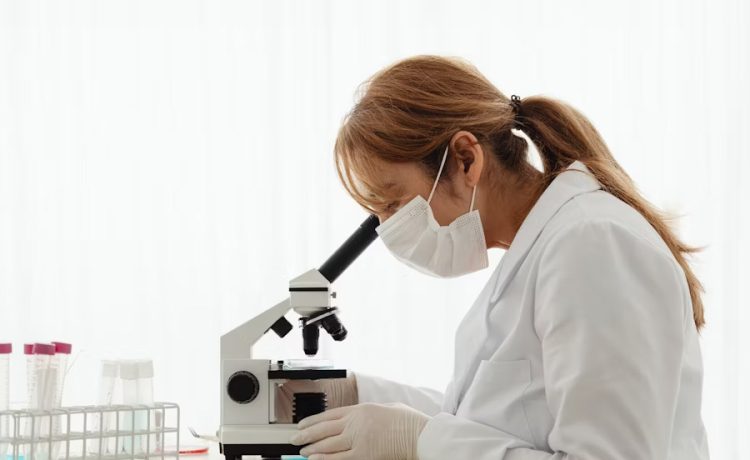Biospecimen stands as a biological material that serves the aims of medical research while also assisting in diagnostic tasks and therapeutic procedures. The provider of biological samples has an essential function throughout collection and laboratory activities, which include sample preparation and evaluation. Let’s evaluate biospecimen significance and the biospecimen provider’s vital function for sample provision.
The research community depends on biospecimens as a vital tool
Biospecimen functions as an essential medical research tool because it delivers relevant health information about an individual healthcare status. Biospecimen providers must execute all steps from collection through processing before storage to preserve the specimens’ original characteristics. Disease diagnosis and treatment, together with new therapy development and human genome study, all rely on biospecimen access.
Biospecimen providers should understand that blood tissue cells, and DNA are among the different kinds of samples that exist for collection. Each type of sample requires specific requirements which the biospecimen provider needs to understand, including guidelines for handling and storage as well as processing methods. Researchers and clinicians must have close collaboration with biospecimen providers to validate that specimen samples fulfill all requirements of each study or clinical trial.
The Key to Targeted Treatments with Biospecimen
Biospecimen plays a vital role in personal medicine because it helps medicine professionals develop individualized treatment strategies that consider both genetics and environmental factors. When providing biospecimen samples, the provider establishment acts as a major component of developing treatment methods for personalized approaches. The biospecimen provider facilitates genetic testing through biospecimen sample provision to identify genetic variants responsible for particular diseases. Researchers can create individualized treatments through the information obtained from personalized samples to address the unique health requirements of each patient.
 The biospecimen provider should stay updated with genetic testing and analysis innovations, alongside the capability to obtain biospecimen samples that support personalized care development. Therefore, biospecimen providers need to fully understand all governmental rules and processing procedures for biospecimen collections and should adopt practices that preserve sample integrity from collection to storage completion. Through offering superior biospecimen samples, the provider advances medical insights regarding human health, together with disease conditions.
The biospecimen provider should stay updated with genetic testing and analysis innovations, alongside the capability to obtain biospecimen samples that support personalized care development. Therefore, biospecimen providers need to fully understand all governmental rules and processing procedures for biospecimen collections and should adopt practices that preserve sample integrity from collection to storage completion. Through offering superior biospecimen samples, the provider advances medical insights regarding human health, together with disease conditions.
Technology progress, along with growing medical needs for individual treatments, will define the development of biospecimen practices. For sustained success, the biospecimen provider needs to invest in new services and technologies that keep pace with the existing needs of their user base, comprised of clinicians, researchers, and patients. Next-generation sequencing becomes more accessible through biorepository sample provision from the provider to identify disease-related genetic variants.
The Importance of Quality and Standardization in Biospecimen Collection and Processing
The biospecimen provider should recognize how standardization standards and quality control measures need improvement in biospecimen collection and processing procedures. New technologies, together with devoted protocols, should be created to guarantee quality and integrity in biospecimen sample processing.
The biospecimen provider needs to recognize all possible challenges involving biospecimen sample provision, including standardized protocols and procedural requirements. The provider of biospecimens needs to coordinate tightly with researchers and clinicians to verify that all samples fulfill each experimental and trial-specific demand. The biospecimen provider delivers high-quality biospecimen samples that advance modern understanding of human disease, together with human health.













